The image of photo-journalist Rocket holding his camera and trying to disguise his stress while young drug dealers show off their guns in the middle of the unpaved streets while challenging the police is one of the most memorable scenes in cinema history and it is part of world cinema canon which comes from the quintessential Brazilian picture City of God (2002), directed by Fernando Meirelles and Kátia Lund and starred by a young Alexandre Rodrigues.
The gritty crime epic that garnered four Academy Awards nominations, is based on real life figures from the outskirts of once paradisiacal Rio de Janeiro and catapulted a cast composed of mostly community residents and Afro-Brazilian descendants into international acclaim. Some names like Alice Braga and Seu Jorge have international careers but the most impressive actors in the film are Rodrigues, Leandro Firmino (Li’l Zé) and Douglas Silva (Li’l Dice).
Now the 39 years-old Rodrigues is a respected actor having done it all, movies, telenovelas, series and stage plays, still as happens with many actors, in particular those of his background, in a country that doesn’t value culture his work is more lauded outside than inside the nation, City of God is considered one of the best 100 movies of this century while here he still faces the hardships of his craft.
In an interview with Big Picture Film Club, Rodrigues reminisces of his times as Rocket, realizing how much acclaimed the picture is, the hardships of being an actor in Brazil, the demands for diversity in the industry, the want of having his own international career and the directors he admires.
Gabriel Leão: What does City of God mean to the cinema world, To Brazilian cinema history and to your own career?
Alexandre Rodrigues: I believe that City of God was a window for the world to know that Brazil also makes prestige cinema, while for our country it was a watershed moment because we also understood that we can show quality, and I have to say that for my career it was also a great and important opportunity – a milestone.
GL: It is regarded as one of the most influential pictures of this century. How do you see this influence playing out in the current film landscape?
AR: The film had several techniques employed that were innovative for its era and, in a way, its context is timeless as it speaks to all types of audiences and in every known language on the planet. I think it’s due to the storytelling and how it develops throughout the film, which is really incredible, but what I really believe to be its “magic touch” is the homogeneous and natural performance of the actors.
And quite contrary to what many people say, we are real actors. For example: “City of God was made by non-actors and so on”… In fact, all the cast was composed of committed professionals with up to ten years of theater experience like me! This speech comes with the following line: “Fernando Meirelles did not want familiar faces in his film, so he went looking for people who had little or no experience in the screens,” this is the case of Leandro Firmino (Zé Pequeno, Li’l Zé), still this was a rare example because all the others already had a long theatrical career, most of the cast hails from the group “Nois do Morro” (Us from the Hills, in free translation), A large NGO in Brazil that was acknowledged after City of God.
GL: When did you notice that your life had changed due to the movie?
AR: I’m not sure when I realized it, but it took me a while, like many others, to understand the relevance that the film took on. Even today, after more than twenty years, the film gains some new importance, the last one was that it is one of the most watched films (outside Hollywood) on the planet only behind a few others (Preply lists it as the second most popular foreign film after France’s ‘Untouchables’). I think there will still be good things out there (to be found about the movie), you never know!
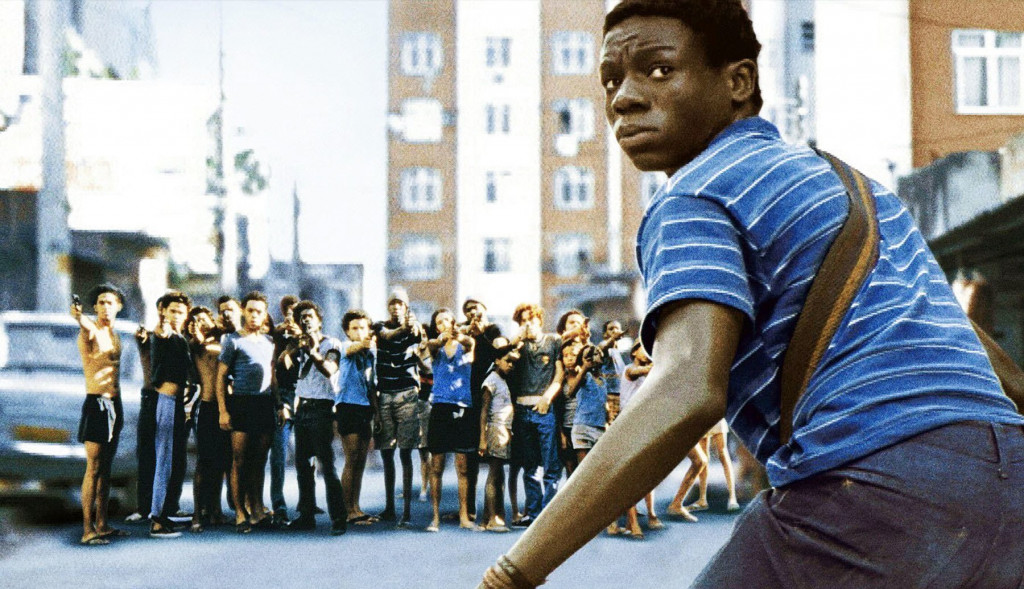
GL: What are the hardships faced by actors coming from similar backgrounds of yours in Brazil?
AR: I can say that as a professional it’s not easy for anyone, because I’ve seen so many actors with so much talent being jobless to the point that I can’t even say that it’s just a question of my profile or skin colour, it is it and then some. I have an example right here at home, my wife has the profile that the film industry has used the most since its dawn because she has fair skin And European traits, and while she has been in the profession for more than twenty years, sadly she has landed few jobs.
GL: Abroad there are many movements questioning diversity in movies, and we see more diverse faces on the screen. Do you see something similar in our country?
AR: In the last 10 years I have seen diversity grow on screens, I feel more represented today, here in Brazil as the environment has been undergoing a revolution that follows the rest of the world, I think that City of God was very important in that sense too, because it was the first time that community residents saw themselves represented and in a beautiful display on the silver screen since then I’ve seen many acting groups and NGOs flourishing through the communities.
GL: In our last interview, you told me that you were studying English and also about your dream of making it outside Brazil. How would you like that to play out?
AR: I’m doing my part by surrounding myself with experience and contact with the English language which I love so much. By the way, I’ve been making contacts with people who live in London, but I still long for my shot. I’m glad to be Brazilian and work in my own country but I do want to experience new challenges in my career.
GL: Who are the foreign actors and directors that you follow?
AR: I have some… (breaths). Michel Gondry (L’écume Des Jours) and Wes Anderson (The Grand Budapest Hotel), both of who I wish to work with someday! And off course Fernando Meirelles!
Also Read: True Crimes, Real Lives: Exploring the Ethics of the Sub-Genre


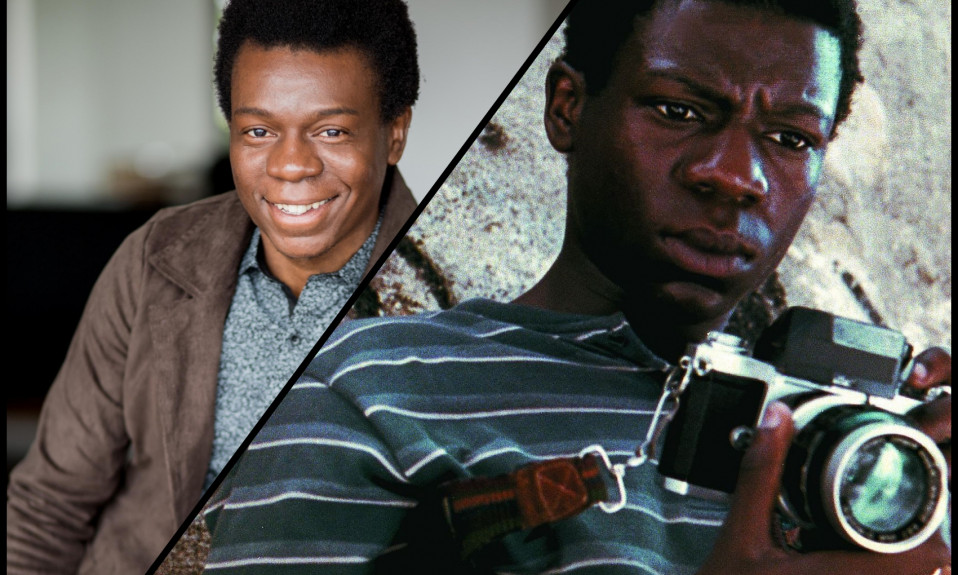
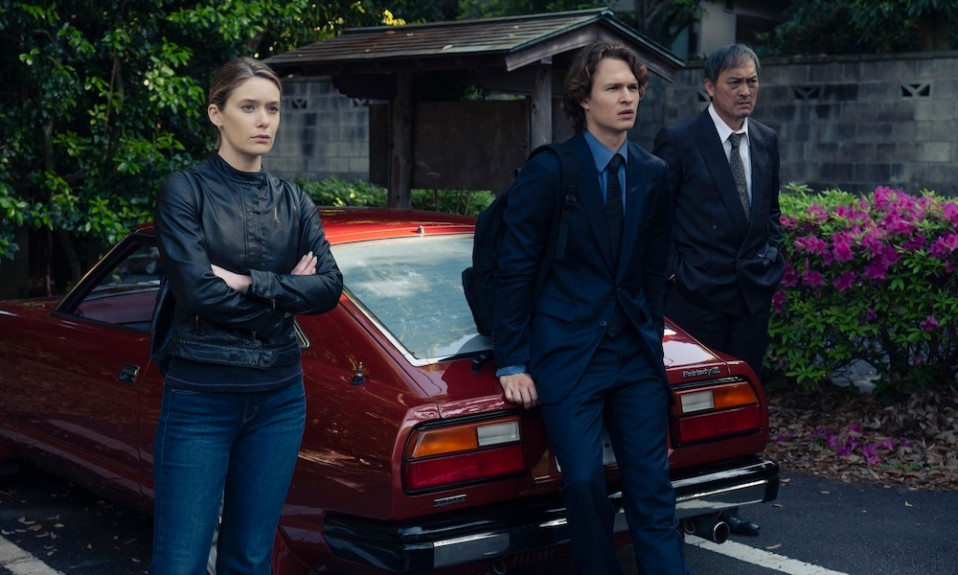
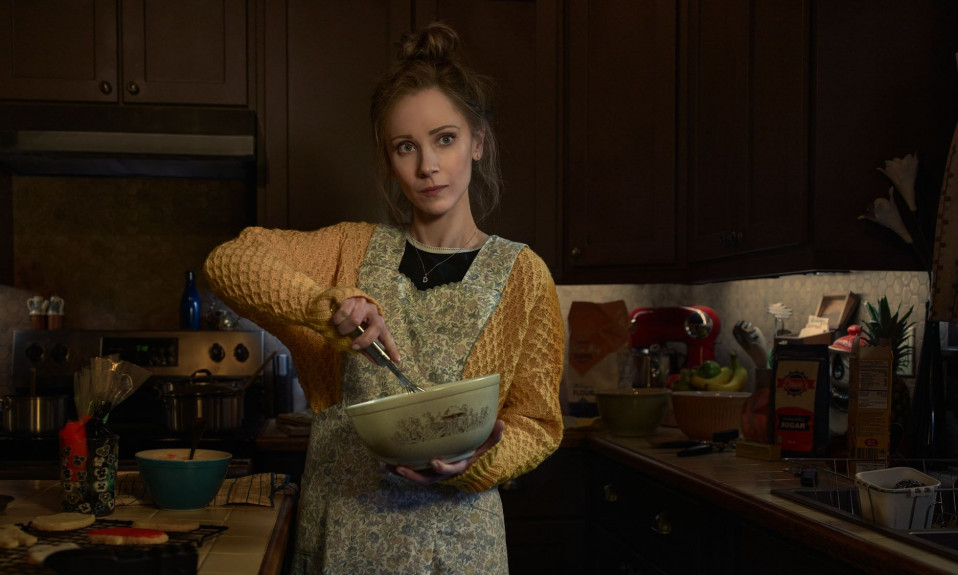

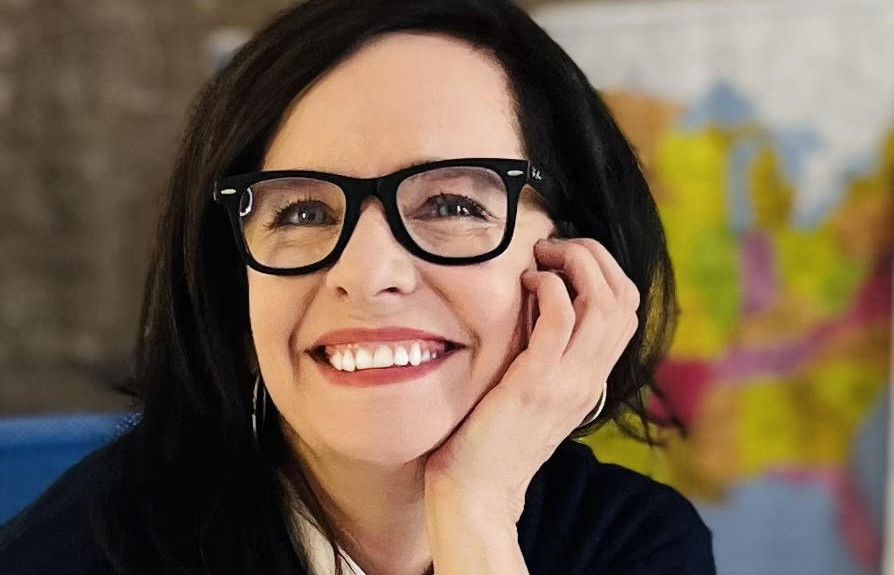








1 Comment
Comments are closed.